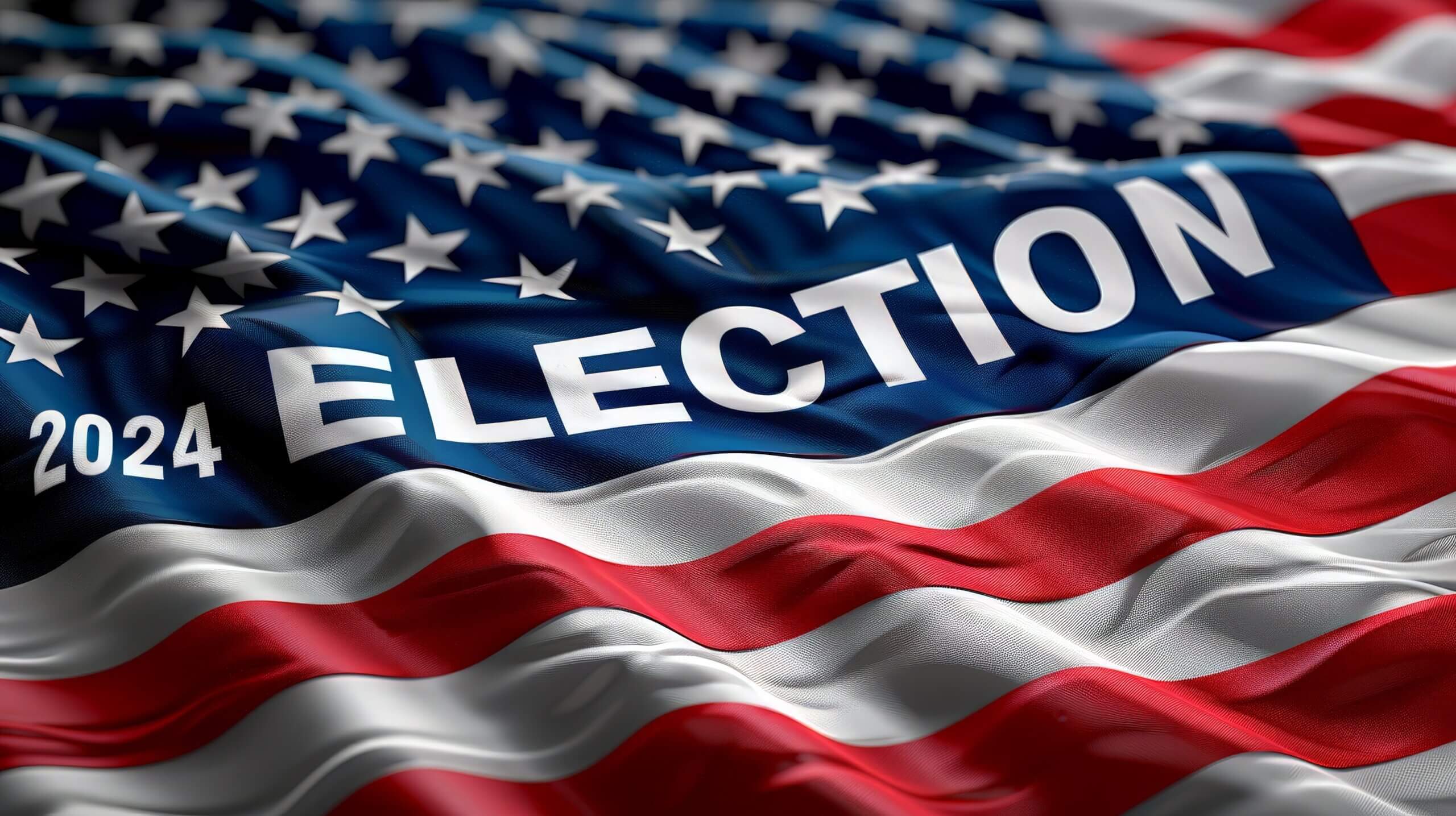As we look forward to the October 1st matchup between Senator JD Vance (R-OH) and Governor Tim Walz (D-MN) in this year’s first-ever Vice Presidential Debate, we took a look back at last month’s September 10th debate between former President Trump and Vice President Harris, which offered viewers a clear view of the matchup between two candidates competing for the nation’s highest office. This highly anticipated event took place during a historic election cycle marked by President Biden’s withdrawal from the Democratic nomination, a significant wave of political polarization and violence culminating in two assassination attempts on Trump, and ongoing speculation surrounding his legal challenges.
The state of the economy is top of mind for the candidates. University of Pennsylvania’s analysis revealed that Trump’s extension of the TCJA would benefit households between 2026 and 2034 on a conventional basis and maintain the corporate tax rate at 15%, but would steeply increase primary deficits over the same period. A similar study revealed that Harris’s plan on the other hand would benefit low and middle-income households in the same period, increasing taxes on those earning over $400K, and increasing the corporate tax rate to 28%
Key Issues for Voters
The September presidential debate underscored the stark policy contrasts between the two candidates on a range of critical issues facing the nation. In tandem, the topics of immigration, reproductive rights, geopolitics, the cost of energy, and living also remain top of mind, with the pair offering differing visions that showcase the distinct visions of domestic and international policy, which we’ve iterated in our highlights below.
This article presents key takeaways from the debate, examines the current status of various issues, and provides an independent analysis of their potential impact on the business community and communications strategies. Recognizing the multi-faceted nature of these topics, Avenue Z has condensed the essential points for clarity and brevity.
Subscribe to our Newsletter
Get exclusive strategies and insider insights to boost your influence.
Key Takeaways and Considerations for Businesses
For businesses, a Trump or Harris victory would yield significant differences:
- Financial Impact: Policy shifts will greatly affect tax rates and government spending, influencing business profitability and economic stability. The expiration of the TCJA, particularly if one candidate gains control of both the House and Senate, could impose steep costs on Americans during a time of high inflation.
- Public Trust & Corporate Communications: The election outcome will shape public trust and corporate messaging. Businesses must adapt to new political realities, as media, investors, and other stakeholders will scrutinize their positions on social issues. Prepared messaging will be essential.
- Employee Communications: Effective internal communication will be crucial during and after the election, as employees may have varying views on political issues. Companies should foster an open dialogue and provide clear messaging to navigate potential tensions and maintain a cohesive workplace culture.
- Selective Investing & Charitable Giving: Businesses may need to reassess their investment strategies and charitable contributions in light of the election outcomes. Being more selective about where to allocate resources can help align corporate values with societal expectations and enhance reputation, especially in a polarized environment.
- Policy Shifts & Stakeholder Landscape: Expect legislative and regulatory changes, requiring proactive engagement with new political figures and agency leaders. Government relations teams must develop public affairs strategies that include scenario planning based on election outcomes. A bipartisan approach can help companies gain favor from leaders on both sides, for example, as seen with the U.S. manufacturing sector, which has strong allies in both parties.
- Public Sentiment & Media Dynamics: Monitor shifts in public opinion and media polarization to align corporate actions effectively. The 2024 election features numerous contentious issues, such as immigration to geopolitics, which attract media scrutiny and speculation regarding corporate stances.
- Crisis Management: Prepare for potential crises stemming from election developments and manage reputational risks with robust plans. High polarization among supporters of both parties can create external pressures on corporate decision-makers and internal tensions among employees over contentious issues, for example, tension over issues such as reproductive rights or the Israel-Palestine conflict.
Looking ahead to the Vance-Walz debate on October 1st, we anticipate both candidates to use rhetoric similar to what was seen in the Trump-Harris debate. However, with recent developments, including the reduction of the federal interest rate and Israel’s expanded military operations into Lebanon and beyond, it will be intriguing to observe how these debates and the issues raised may impact businesses.
Where We Come In
In order to mitigate the aforementioned risks, Avenue Z’s public affairs team helps companies bolster their ability to shape outcomes in public and private advocacy and communications. We provide third-party engagement, messaging development, and refinement, as well as public stakeholder engagement advisory services. Our team’s expertise spans across the critical issues highlighted in the recent debate, allowing us to offer informed, strategic guidance tailored to the current political climate. If you’re interested in learning more talk to our experts.





